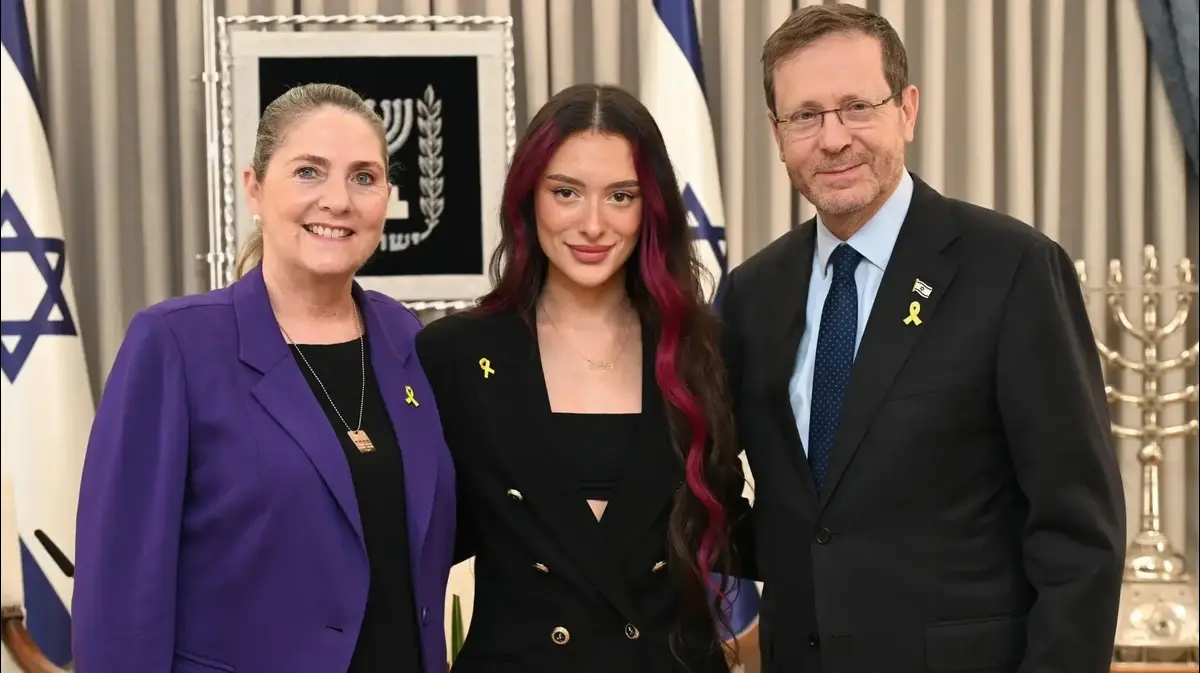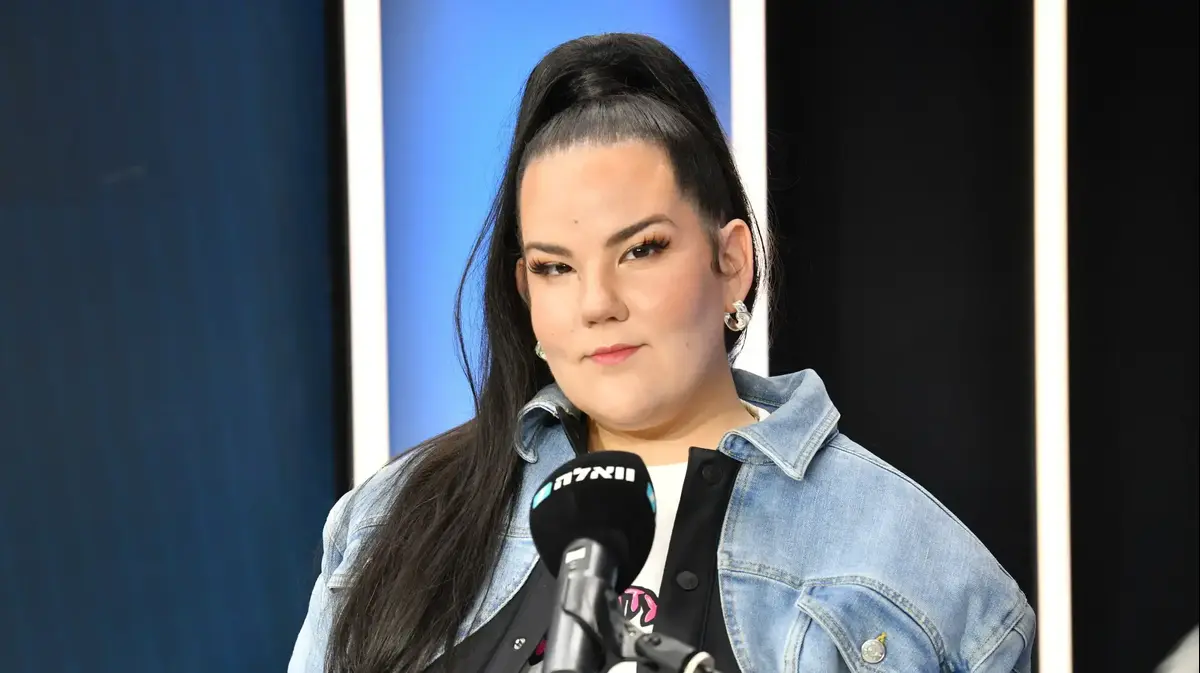Promo for the series "Third Person" (Arch 12)
Keshet's promo department couldn't resist.
Maybe she actually had no choice at all.
"Third Person", the channel's new drama series, must somehow be reconciled with the well-known and leading line of "Israel Television".
You know, the noise and the bells, the piano that marks where you need to get excited, and if you need to strengthen with Idan Reichel, the Israeli middle-of-the-road knight - that's what will happen.
This is what happened, as the promo above indicates.
But the series "Third Person" - which next month will compete in the prestigious Siris Mania festival - is a foreigner in the prime time of the commercial channels.
One that derives its strength precisely from subtlety and subtlety, one that trusts the viewer to understand things from the context, without slamming and without saying everything explicitly.
A series that knows that the subject alone is dramatic enough and sensitive enough to spare it forced embellishments - this is evident from the first three episodes that were sent for review (out of eight), and that the first of them was broadcast tonight (Monday) on request 12.
The series describes the relationship that develops between Eli and Ido (Rotem Sela and Yehuda Levy), a couple who for years tried to get pregnant by any means possible and now turn to a surrogacy procedure, and Chen (Gal Malka), who agrees to carry their child in her womb.
Meanwhile, Eli, a literary editor by profession, begins to work with Tomer (Lior Raz), a successful filmmaker who is writing the story of his life;
Whereas Ido, in order to finance the surrogacy procedure, had to reconsider his professional dream.
Chen herself discovers that surrogacy makes her ex (Ethi Turgeman) angry at the situation in which she is putting their shared son, which complicates her personal situation.
No forced decorations.
"Third Person" (Photo: Ohad Romano)
Quite a few ideas are seeded in the "third party".
There is of course the class aspect, of the two people who can afford to pay a fortune to rent the womb of another, while she struggles to provide for her son.
The book that Eli helps Tomer write is itself a reflection of birth defects - two people trying to create something and the mutual openness that is created because of that.
With the episodes, the connections between the protagonists intersect: Eli and Tomer, as mentioned, become friends, Ido and Khan connect on the background of legal support and new beginnings.
Will the unfamiliar situation and the people who entered Eli and Ido's lives bring their relationship into conflict?
This is a possibility already hinted at in the name of the series.
In this context, the term "third body" contains the hope for the child, but also reflects the foreign body, the appendage, which reluctantly joins Eli and Ido's relationship, flooding and sharpening the differences between them.
She is strict, stressed and finds it difficult to compromise.
He wants to appease, please and avoid conflicts, but on the way he steps on almost every possible mine.
"Third Person" compiles Eli's mindset through casual statements, more and more comments that pile up on her soul and dictate her actions.
Apparently, the most blatant of them in the first chapter is the one that says Tomer.
It is precisely the charged meeting between the two in the bar that dispels Eli's hesitation.
"I know people like you. You don't get twenty million viewers by wanting everything exactly," he tells her.
There is an echo in this of Eli's doctor's scolding: "You have to decide what you want. Do you want the pregnancy or do you want a child?".
Tomer ends his words at Bar with a repulsive bluntness: "Your children are poor."
Without actually seeing it happen, this is the moment when Ellie decides to go for surrogacy anyway.
The same is the case with Chen.
We don't see her moment of decision, but she falls after she finds out that her son sold his boyfriend the computer screen so they could move.
its watershed.
More in Walla!
"Aviram Katz" could have been wonderful if only she had given herself to her mischief
To the full article
By the way comments pile up on her soul.
Rotem Sela in the role of Eli, "Third Person" (Photo: screenshot, Keshet 12)
The scene that follows, the first meeting between the barren couple and the surrogate, is the excellent climax of the first episode.
Eli loads requests on Chen and Ido tries to neutralize their importance, to protect her heart.
There is so much tension in this class.
Eli who draws from what she experienced in her failed pregnancies, with an emphasis on the root K.S.L., Chen who feels she is being judged, Ido who tries to break up some of the tension.
A scene that is written and played in such a believable and awkward and powerful way.
One of the most touching things in the series is the repeated insinuations towards Ellie that her body is messed up, which is the reason why another body is needed in the first place.
Every time a statement is thrown into the air that makes her feel out of place.
"It's the most natural, I'm easily taken in," Chen tells her, implying that something about me is unnatural.
"Exactly the woman we need," Ido says with a smile to his wife, words that imply that she herself is not the woman he needs.
"It's the hormones, you don't understand",
Despite the heavy emotion, there are almost no tears throughout the entire first episode, even after such a traumatic event as the abortion.
For Eli and Ido it is almost trivial, ordinary, they rush on to the next thing.
Ellie stops for a moment and her mind tears only when she cuddles up to the old pictures of the fetuses that will no longer become children, but even then the series stops the tears mainly in our throats, letting them bubble while she demonstrates purposefulness, just like her protagonists.
Only at the end of the episode, in a conversation between Eli and Chen in the bathroom, does the vent come.
A purifying cry that laments what is not and at the same time also encourages a little of what could be.
More in Walla!
"The Dubbed" proved once again that it is difficult to compete with what it provides
To the full article
Exciting in almost everything she does.
Gal Malka in the role of Chen, "Third Person" (Photo: screenshot, Keshet 12)
The acting of all present is excellent.
We already knew you could trust Sela, Levy and Raz, and despite the flirtation of some of them with overexposure, they illustrate again why they are actually everywhere - they are simply excellent at what they do.
But the one who really steals the show, just like she did in her scenes as a child in "The Commander", is Gal Malka.
"Third Person" is an opportunity for her to present another side of herself, even more dramatic and deeper, and she takes it with both hands.
She is very exciting in almost everything she does and shows in the series.
Chen's love for her son, the complicated relationship with her father, the connection with Eli, the conversation with the welfare worker in the third episode.
A series that is a purpose show for her.
Just as she did in "The Commander", this time too Malka is spectacular in the way she builds nuances on the text given to her, which itself is rich in subtleties.
Her measured tone, that of the rest of the actors and of the series as a whole, helps "Third Person" smooth somewhat artificial exchanges such as those about "Aristothenes" (or Artosthenes, in his real name) or plot developments that in other hands would have become sensational.
Shira Hadad and Dror Mishani wrote the series with refinement and nuances, and Shira Capon ("The Scriptwriter", "Stupid") directed with restraint that gives each garnet a natural and believable touch.
You will also be interested:
"Ivy is the greatest actor I've ever known, but I won't work with sexually abusive people" "
My comedy is 100 percent pain. Pain so absurd that it becomes funny"
Hanshi is a horny ultra-Orthodox woman who is making aliyah.
This story is deeper than it seems
More in Walla!
The jokes in "The Embassy" are so mediocre, it felt like the viewers were being laughed at
To the full article
intersecting relationships.
"Third Person" (Photo: Screenshot, Keshet 12)
It's hard not to wonder how a work so uncharacteristic for a commercial channel, including particularly long episodes (two of the first three last for an hour, before commercials), will be received by the Israeli audience.
In fact, it seems that "Third Person" is decorated with some of the biggest TV stars of recent years for a reason - perhaps they will help it slide down the throat of the average viewer.
Here 11 has already proven that works of this kind can become hits, and maybe Keshet will now prove that it is possible even with commercial breaks in the middle.
"Third Person" may be the first swallow that foreshadows more mature drama works on the commercial channels, but even if this is not what will happen - it is beautiful and touching as a work in itself.
culture
TV
TV review
Tags
Third person
TV review
Gal Malka

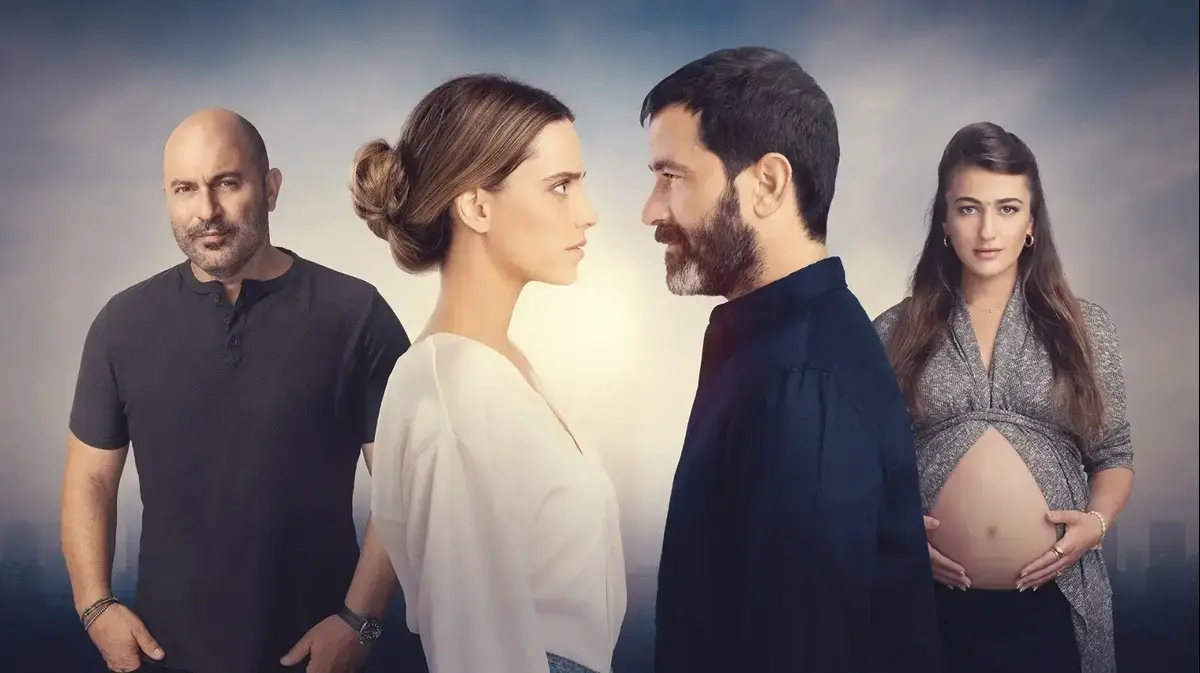
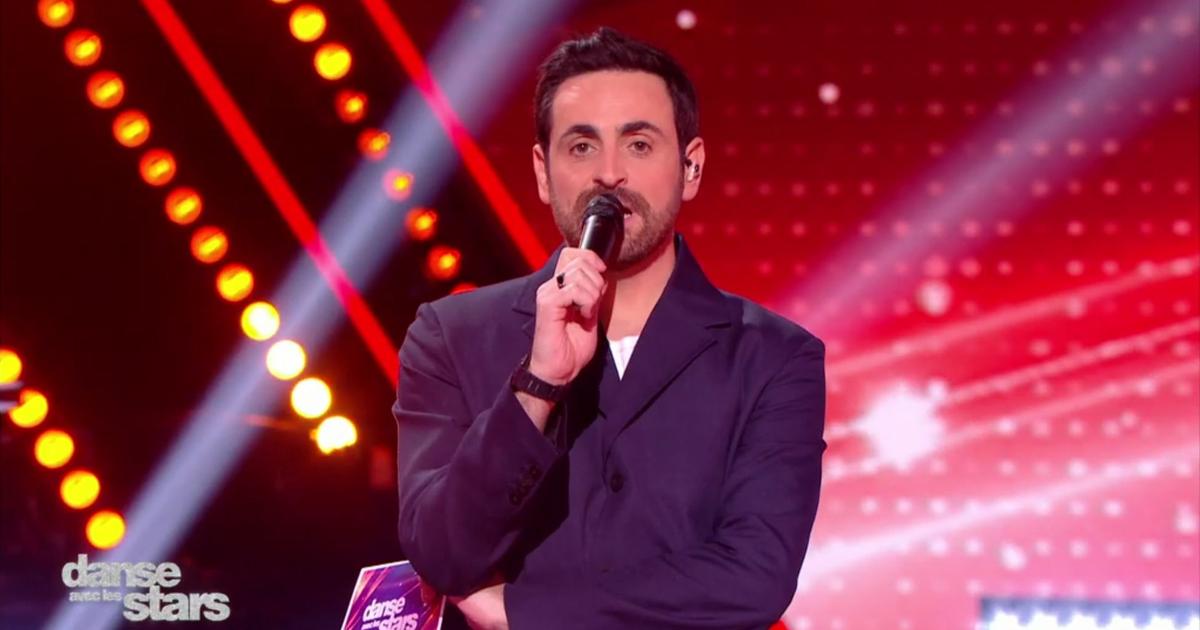
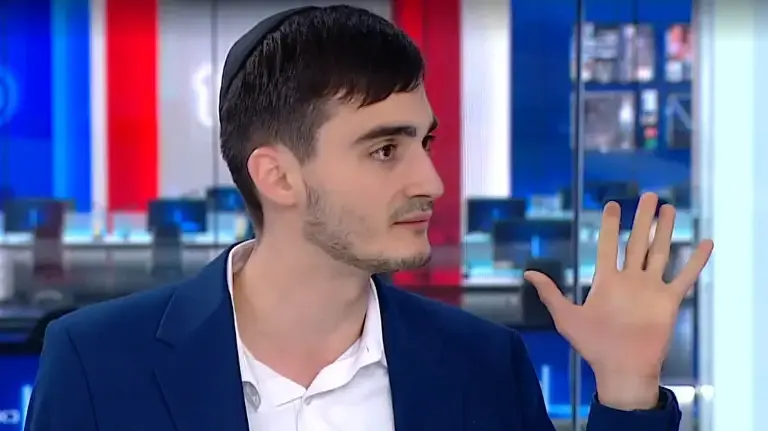
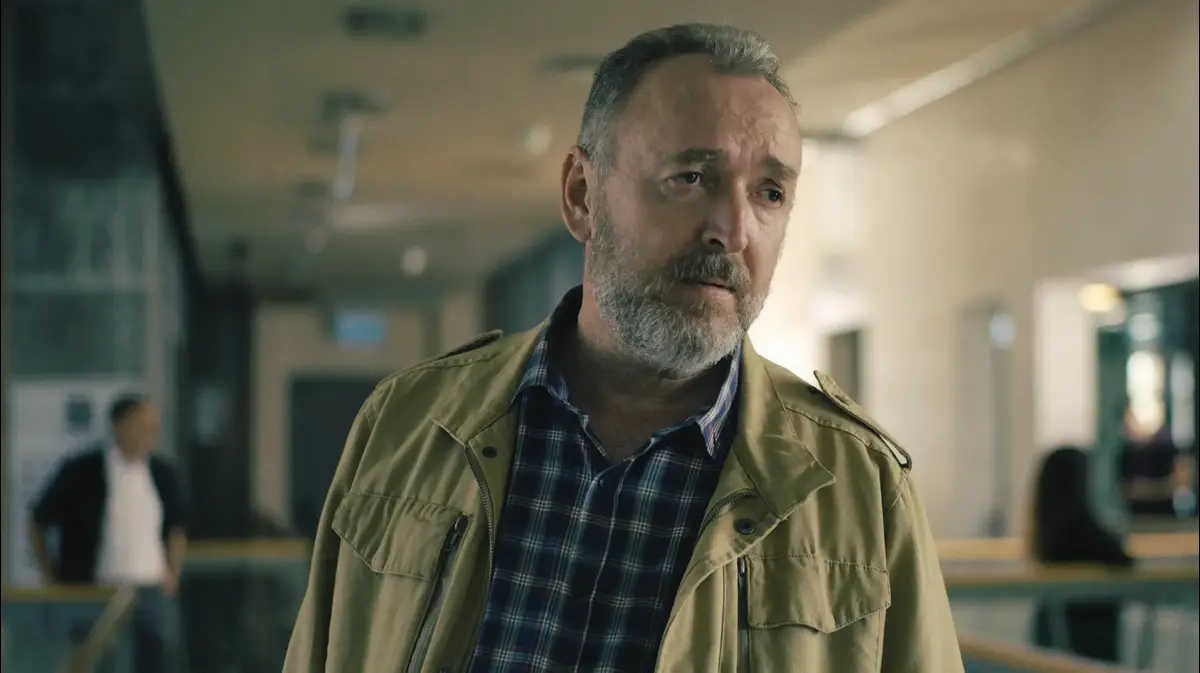

/cloudfront-eu-central-1.images.arcpublishing.com/prisa/KRMF34IDEFFO3LHYCRMIN3PUAA.jpg)

